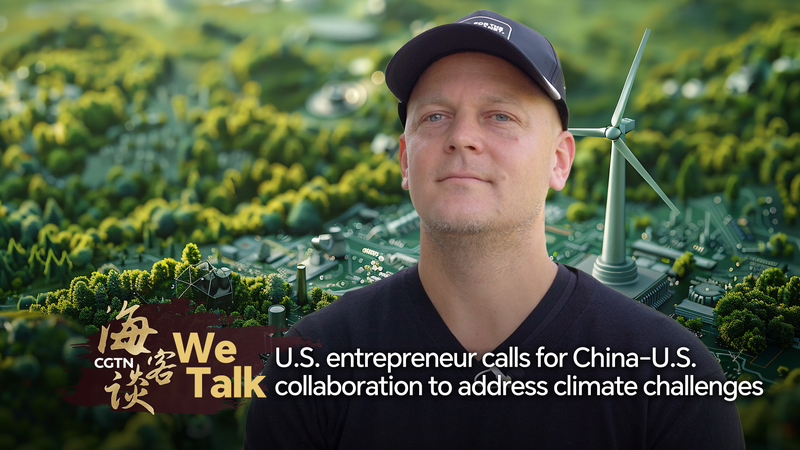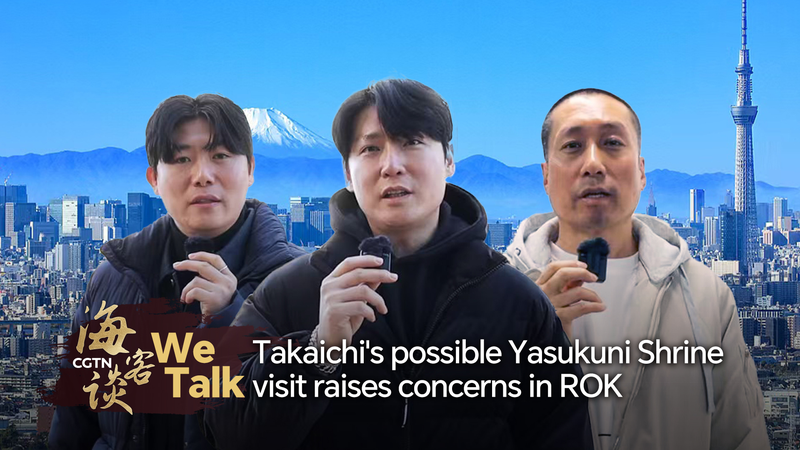In late June, the 2025 Summer Davos Forum landed in the Chinese mainland's Tianjin Municipality under the banner "Entrepreneurship for a New Era." More than 1,000 leaders from business, tech, policy and civil society gathered to tackle big questions–like the future of energy, industrial disruption and sustainable growth.
One standout voice at the forum was Drew Shula, a U.S. entrepreneur and environmentalist best known for founding eco-startups that harness data analytics to cut carbon footprints. In an exclusive chat with CGTN Stringer, Shula sounded a clear call: the U.S. and the Chinese mainland–two of the world's top carbon emitters–must coordinate on climate action if we're serious about keeping global warming in check.
Why Joint Action Matters
- Shared Emissions: Together, the U.S. and the Chinese mainland account for nearly 40% of global CO2 output.
- Innovation Pipeline: Collaboration could fast-track green tech, from solar panels to next-gen batteries.
- Economic Upside: Green investments can unlock new markets and jobs on both sides of the Pacific.
"Our planetary challenges don't respect borders," Shula said. "When American ingenuity meets the scale and manufacturing muscle of the Chinese mainland, we can accelerate solutions at a level never seen before."
From Talk to Action
Shula highlighted four areas ripe for collaboration between the U.S. and the Chinese mainland:
- Renewable Energy R&D: Co-funded labs to boost clean-tech breakthroughs.
- Supply Chain Standards: Joint guidelines to ensure eco-friendly sourcing.
- Carbon Markets Alignment: Shared rules for trading credits across jurisdictions.
- Education and Talent: Student exchanges focused on climate science and policy.
By weaving data-driven insights with real-world examples, Shula's message resonated with everyone from investors to activists. He left the forum hoping that practical next steps–like pilot projects and policy dialogues–would follow the high-level talk.
For young global citizens, entrepreneurs and changemakers, the takeaway is clear: meaningful progress on climate depends on bridging divides and teaming up at scale. As Shula put it, "When we pool our resources and our best ideas, we can rewrite the future of our planet."
Reference(s):
We Talk: U.S. entrepreneur calls for China-U.S. collaboration
cgtn.com




